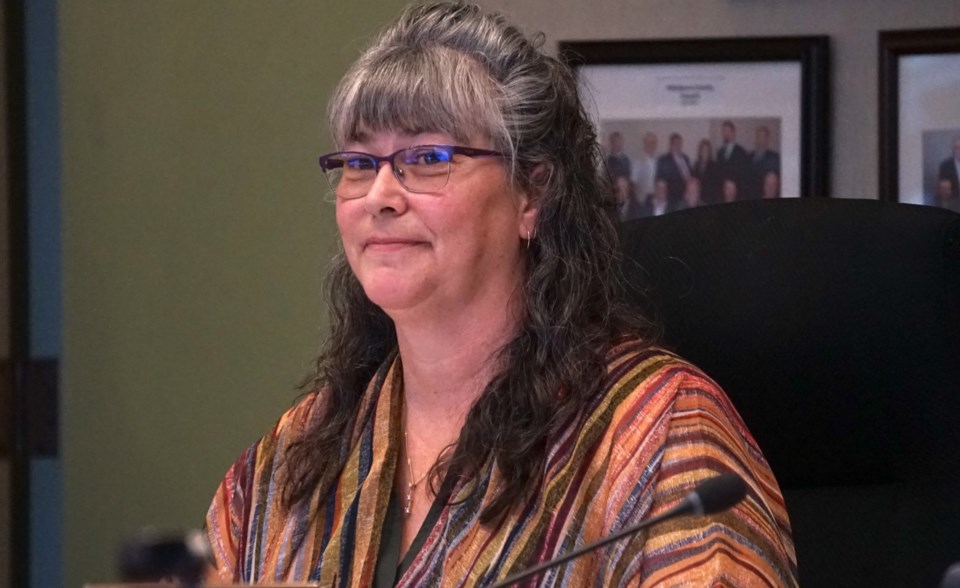ATHABASCA – Athabasca County won’t be re-visiting its minimum tax levy, despite impassioned pleas from two councillors who said the rates were unfair and inequitable.
During the Sept. 17 committee of the whole meeting, councillors discussed an information package on the minimum tax levy, a $100 base tax rate that is applied to 2,165 properties across the county.
“We can’t get programs to be 100 per cent perfect for everybody all the time. There’s absolutely going to be some things where there’s an adverse impact, but our job is to make courageous decisions that are for the long term and strive to get it right for the long term, and the majority,” said Reeve Brian Hall.
In 2024, the levy raised a total of $108,640 for the county, which wasn’t enough to justify its inclusion for certain councillors, including Joe Gerlach.
“We’ve inflicted this on taxpayers for no good reason — there’s nothing, absolutely nothing that is fair about it,” said Gerlach, who pointed to the town’s lower-than-average industrial mill rate as a potential place to make up the lost income. “We missed a million dollars in 2021 while we were fooling around with this one trivial thing that affected a lot of our ratepayers.”
Athabasca County does charge a lower tax rate on its industrial property than its neighbours like Lac La Biche, although it has been increasing the rate slowly under the current council.
However, Lac La Biche County is over the 5:1 tax ratio for non-residential rates versus residential rates set by the Municipal Government Act — the county’s 5.63:1 ratio means Athabasca couldn’t raise its rate that high if it wanted to.
“Assessment is not to create fairness, but to work out the equitable distribution of the tax revenue across our ratepayers and property within our boundaries,” said Hall. “Surely, if you own a property, it’s worth $100. If it’s worth owning, it’s worth $100.”
Coun. Tracy Holland argued the minimum tax levy led to an unfair rollout, which she felt was inequitable. The levy, which mostly impacts pastureland or other non-cleared farming quarters, meant some farmers saw their tax bill go from less than a dollar to $100 overnight.
“We’ve got properties that aren’t serviceable, aren’t accessible, and we didn’t take that into account when we passed this,” said Holland. “We didn’t realize the impact it would have.”
Back in June, one Athabasca County resident brought his complaints to council — Joe Schulte owns the leasing rights to 13 parcels in Athabasca County, ranging from 2 acres to 160 acres each. In 2021, before the levy, his tax bill was $346. In 2022, it jumped to $1,359.
“We have assessments that tell us how much land is worth, so to turn around and tell someone that their two-acre parcel that isn’t accessible by land is going to be taxed at the same minimum as someone with 160 acres makes zero sense,” said Holland.
Athabasca County isn’t the only municipality with a minimum tax amount in the area — Lac La Biche County, Westlock County, the M.D. of Lesser Slave River and the M.D. of Opportunity all have various forms of the fee in place.
Unlike many of its neighbours, Athabasca County hasn’t had to increase its rate since it was implemented.
“When we had the discussion around the minimum tax, we said we were going to set it, and it was hopefully going to stay at the same rate,” said Coun. Ashtin Anderson. “I look at the other municipalities that have had to increase theirs, and I just think, ‘I’m glad we haven’t.’”
The motion to accept the item as information and, in effect, shelve the topic, passed by a 6-3 vote, with Holland, Gerlach, and Coun. Gary Cromwell opposed.



